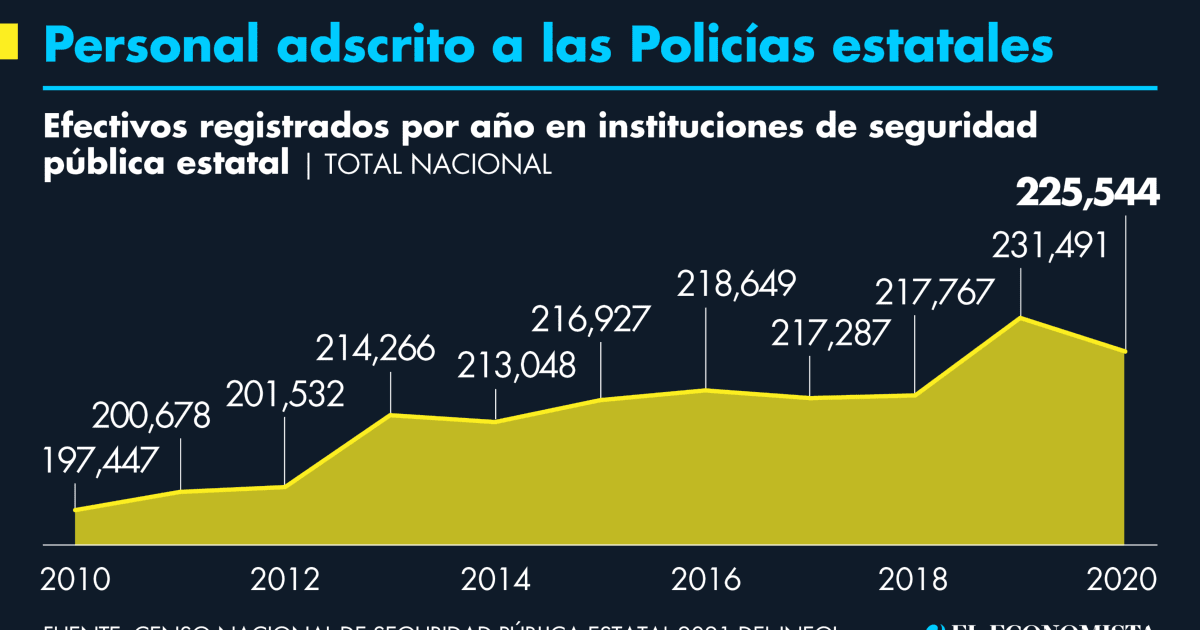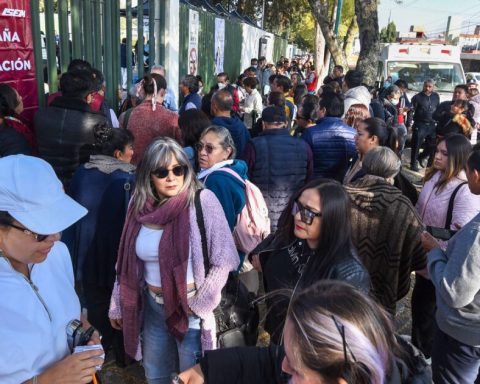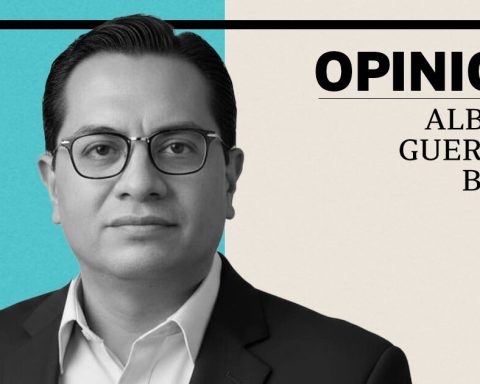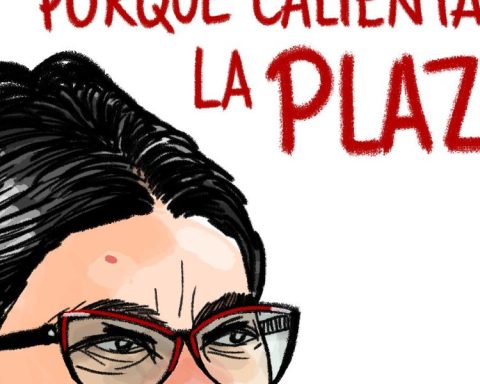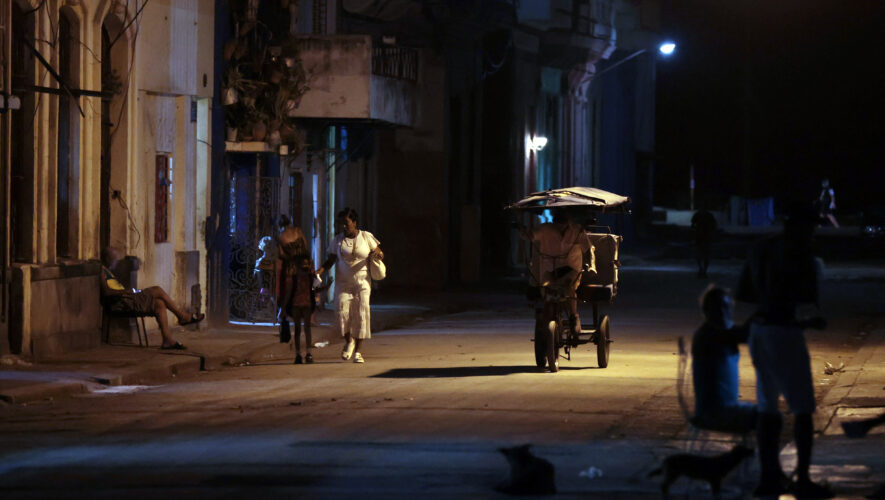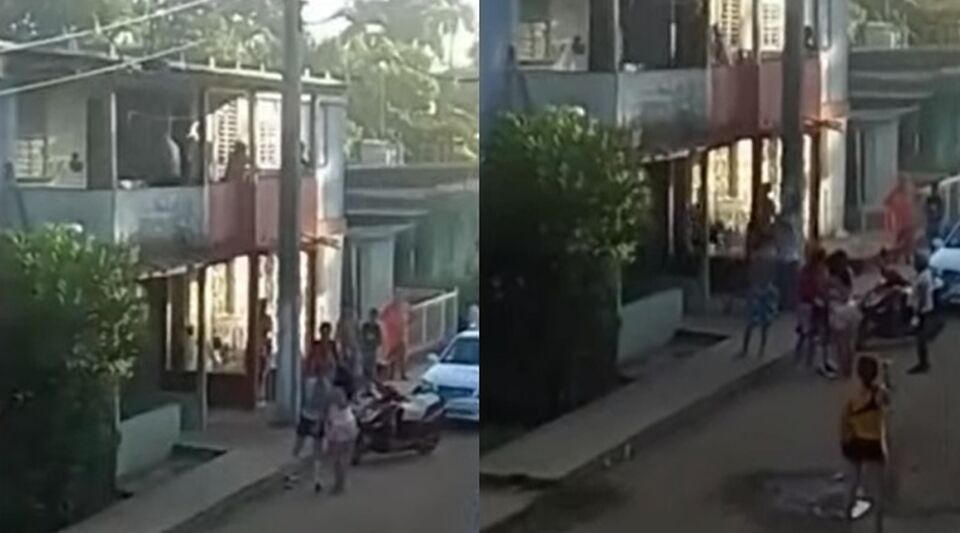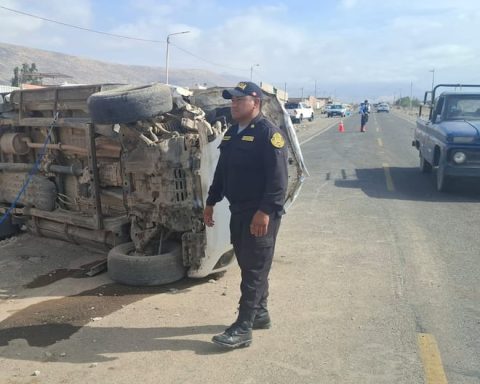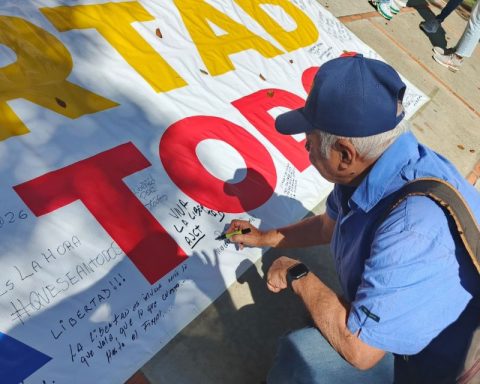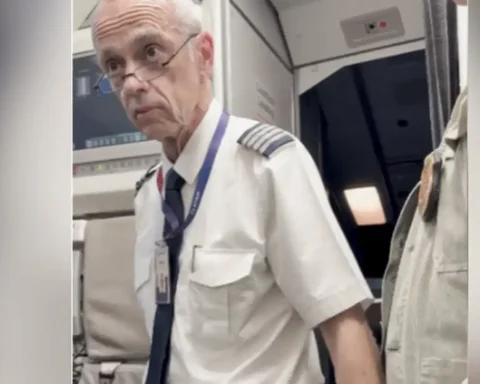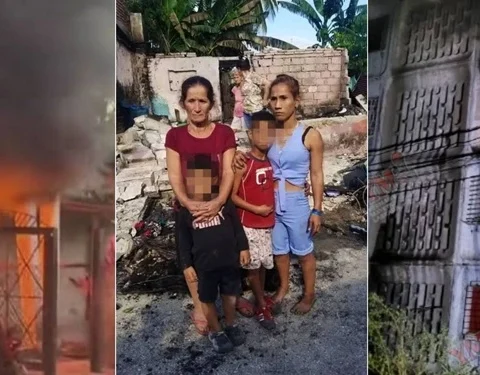Mexico needs to double the number of members of the state police and considerably improve their working conditions and salary perceptions, in order to strengthen them institutionally to be able to generate security conditions in the country, consider experts in public policies in that sector.
According to the results of the National Census of State Public Security 2021, presented by the National Institute of Statistics and Geography (Inegi), updated in February 2022, at the end of 2020, the number of personnel assigned to the institutions in charge of the function of public security of the federative entities was 225,544.
Compared to the figure reported in 2019, the number of personnel decreased 2.6% in 2020. Mexico City stands out as it concentrates the largest number of personnel, with 90,671.
In the same period, the national rate of preventive police elements per 1,000 inhabitants was 0.9. The minimum standard established in the Optimal Model of the Police Function of the federal government indicates 1.8 police officers for every 1,000 inhabitants.
Mexico City and Tabasco lead the list of entities with the highest rate with 3.4 and 1.6, respectively. The worst evaluated in this indicator are Coahuila, with 0.1 and Baja California, with 0.2. There are 10 states that have rates below 0.5 per 1,000 inhabitants.
On the other hand, police officers are subjected to strenuous hours and extreme stress that affects their health, a situation that is not compensated by their salaries, which are disparate on a national scale. Even despite the plans of the Executive Secretariat and the National Minimum Wage Commission, which states that a police officer must earn a minimum of 13,500 pesos per month, this is not being done in several entities.
In this sense, Genaro Ahumada, a researcher with the organization Causa en Común, pointed out that the precarious conditions in which local police officers work have caused that between December 2018 and April 2022, at least 129 police strikes were carried out to demand Better work conditions.
The researcher drew attention to the fact that from December 2018 to May 24, 2022, 1,556 police officers or former police officers have been murdered, which means that, on average, one police officer is murdered every day in Mexico.
The National Census of State Public Security 2021 indicates that, of the total personnel in state police corporations, 44.9% received gross monthly income of between 10,001 and 15,000 pesos.
Regarding the labor benefits received during 2020 by the personnel assigned to the state public security institutions, 87.3% received a Christmas bonus, 86.0% vacation bonus, 74.4% life insurance, 53.6% retirement savings fund, 50.0% food vouchers , 39.3% medical services, 35.5% psychological services, 28.9% childcare and 24.6% support for funeral expenses.
At the end of 2020, a total of 99,015 elements assigned to state police corporations had a valid Single Police Certificate.
In this regard Francisco Rivas, general director of the National Citizen Observatory (ONC), commented that it is possible to strengthen local police, even despite the federal government, but it really is a very difficult situation because the construction of police is not a simple matter.
The first thing to do is clean institutions, which means investigating whether all the people who work in a corporation have the basic elements to be able to do so, both in terms of training, integrity, health, skills, among others.
Second, to recruit new elements, which is extremely complicated, because for every 100 aspiring police officers, 17 are suitable and of these 11 finish the training and of these only 9 enter the corporation. That is the experience at the federal level.
This exercise must be done throughout the country because today we have active policemen who are not known if they are honest or corrupt and are clearly insufficient.
In addition, he indicated that the National Public Security Council is practically dismantled, which is why today it is not the best instance to solve the problem in which the country’s police find themselves, in addition to the fact that it practically does not meet.
The priority should be the municipal
In turn, Miguel Garza Flores, executive director of the Institute for Security and Democracy, AC (Insyde) recalled that, for years, the way in which the federal budget was distributed became a perverse incentive, since more resources were allocated to those who had greater problems reflected in higher crime rates.
That what caused was that other entities abandoned their police and that way they received more budget.
The specialist indicated that, due to the country’s federal regime, it is difficult to sanction the state that abandons its police, for example, through the National Secretariat of Public Security.
Although each state will draw up a route plan within a certain time, there are no sanctions for those who do not reach their goals.
He said that the international experience of successful reforms in police matters indicates that the priority should be to strengthen the municipal police. That means that it is better to bet on more police forces that are reduced in number, that cover less territory, but that are very solid in their operation, although it is not a rule, because there are cases like in Tamaulipas, where the municipal ones disappeared and there is a very good state police.
The phenomenon of violence is very different in each state and in each municipality, so the type of police must be different.
The researcher stressed that there are keys to reversing the state of affairs: Political will, regardless of the party that governs; the pressure and cooperation of civil society and a boost from the federal government, perhaps from the National Security Secretariat, through the implementation of a medium- and long-term national strategy that circumvents the periods of government.
In this vein, Francisco Rivas said that what could be done is actions such as those carried out in Chihuahua, where businessmen have set contributions for public policies that aim to generate security conditions, including the institutional strengthening of the bodies policemen
An example of this are efforts made through the Fundación del Empresariado Chihuahuaense (FECHAC) and the Trust for Competitiveness and Citizen Security (FICOSEC) of that entity.
For his part, Miguel Garza Flores stressed that there are municipalities where local efforts have been made to strengthen their police officers. Such is the case of those of San Pedro Garza García, Nuevo León; Ciudad Juarez and Chihuahua, Chihuahua. On a state scale, those of Querétaro, Chihuahua, State of Mexico, Tamaulipas and Nuevo León are considered good police. In the case of the latter two, there are important efforts to strengthen the police that involve civil society, particularly through businessmen. Even in Guanajuato, where they established a 3% payroll tax and those resources go directly to crime prevention and police reform.
